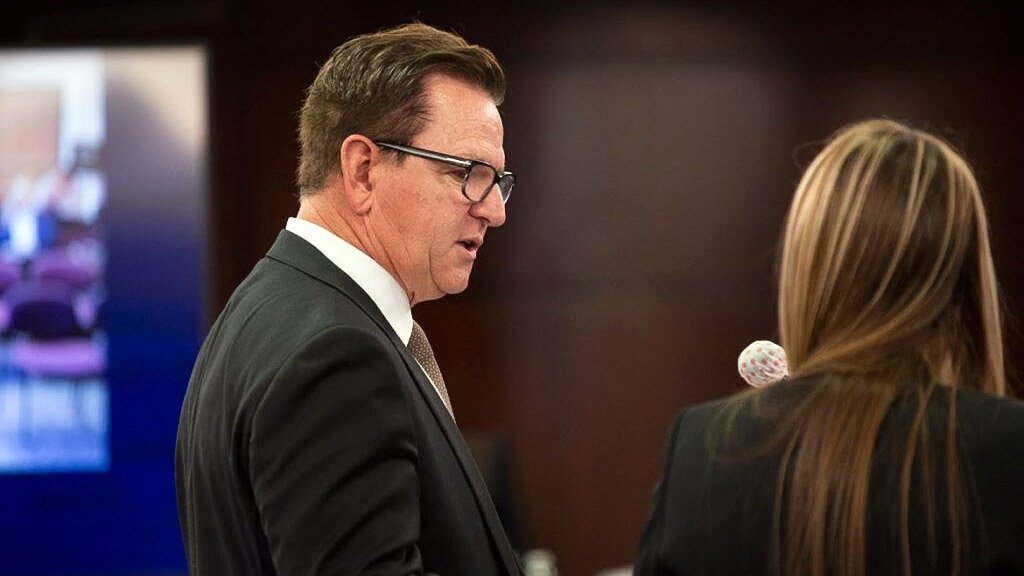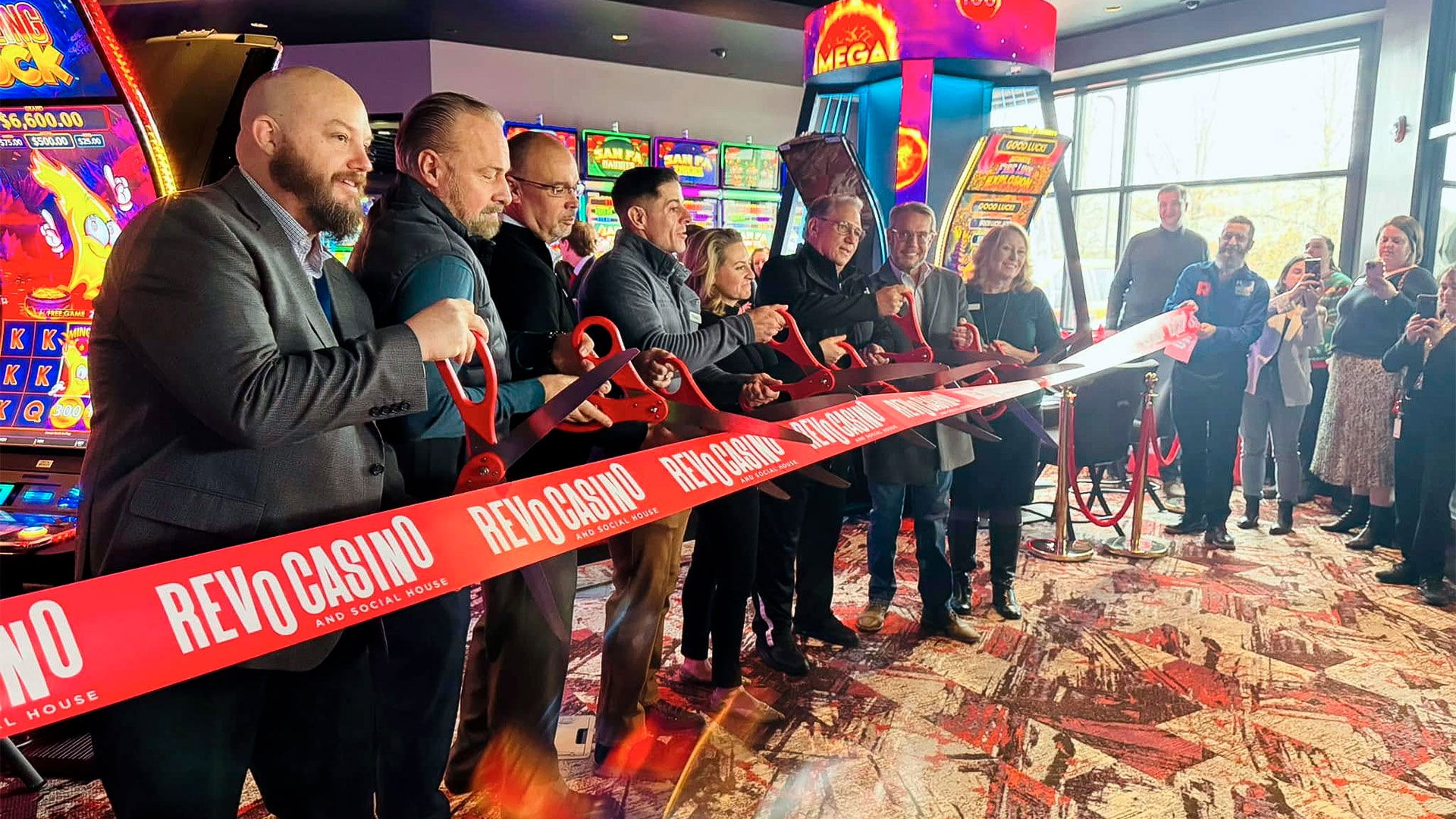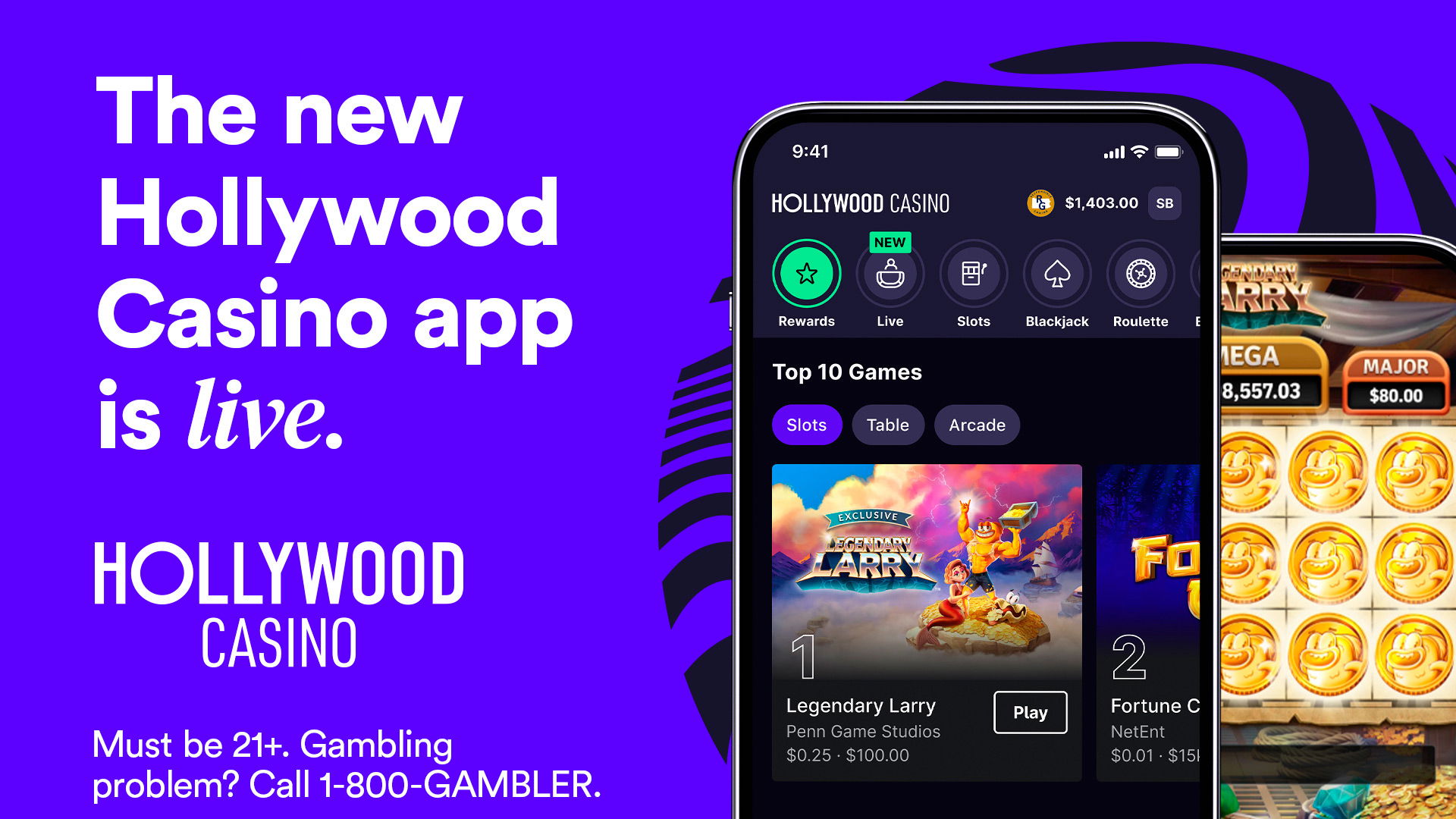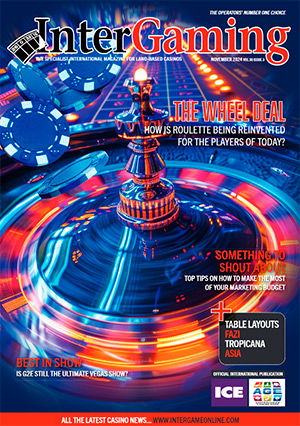Sports wagering and golf come together with “SuperLive” betting

"SuperLive" betting is a digital gaming service that de Knijff plans to launch in the United States this fall, Golf.com reports. As the name suggests, immediacy is key to its appeal. Instead of setting odds on, say, Bubba to win the Players, or to shoot a lower second-round score than Jordan Spieth, or to best Billy Horschel in the event, the system churns out probabilities on Bubba’s prospects, shot by shot. It does so simultaneously for multiple players in headline groups, whipping up a storm of mid-tournament gambling action.
De Knijff knows there is a market for this kind of wagering. It’s already big across the pond, where the London office of Metric Gaming, the company de Knijff founded in 2012, generates “SuperLive” golf lines in high-wattage tournaments for several major sports books throughout the year, at a rate of some 5,000 separate lines per event.
Sports betting is legal in much of Europe, as it likely will be soon across much of the United States, now that a federal prohibition on it has been lifted. With the Supreme Court’s recent decision to scrap the 1992 Professional and Amateur Sports Protection Act, states now have the right to allow sports gambling. In the wake of the ruling, New Jersey, Connecticut, West Virginia and Mississippi have already stamped new laws that do just that.
Not everyone favors legalization. Critics point to the corrosive effects that gambling can have on families and communities, as well as its potential to corrupt the integrity of competitions; for both ethical and economic reasons, they argue, it is not something the government should get behind. Yet there’s no doubt which side has the momentum. According to some projections, as many as 32 states are on track to greenlight gambling within the next five years.
The shifting legal landscape has sent a number of powerful interests into scramble mode—not just state legislatures but also gambling operators and sports executives as they rush to get ahead of the coming changes. The PGA Tour is no exception. After years of treating “gambling” the way golfers treat “the shanks”—as a word best not uttered aloud—Tour officials have come out in support of legalized sports betting. The dollar amounts in play are hard to ignore. Though golf attracts only a tiny fraction of the tens of billions bet illegally on sports in this country every year (estimates on the exact figure vary wildly), a tiny fraction of that sum is still a lot of scratch.
With wider legalization pending, the Tour wants a cut. There is money to be made. There are fans to be “engaged.”
“You don’t know what you don’t know, and that’s certainly true of golf,” de Knijff says, his gaze still locked on the Bubba search-party. “But one thing that’s certain is that golfers are inherently bettors. They just haven’t been properly marketed to. Once golfers start to learn about the betting opportunities that exist, you have a totally different ball game.”


















































